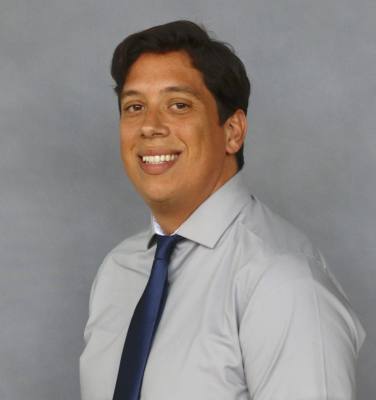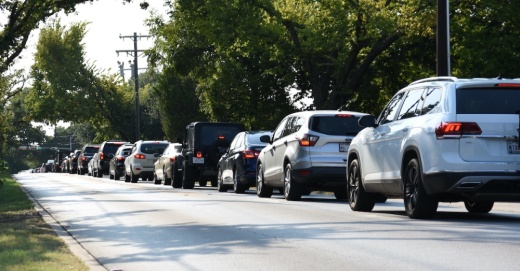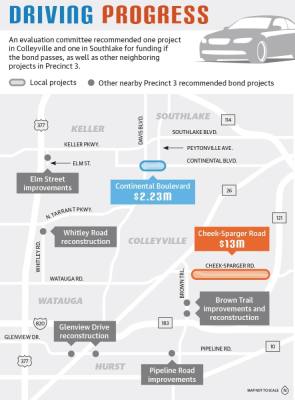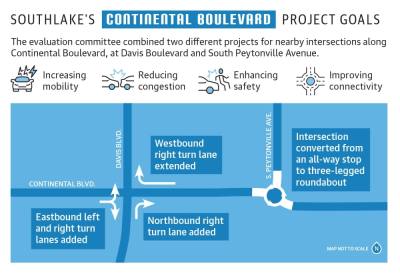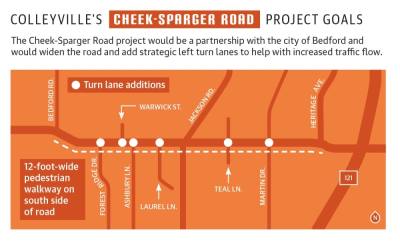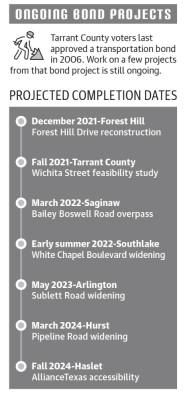For residents in Colleyville and Southlake, two projects in particular stand a strong chance of being funded. In Colleyville, upgrades are planned for a stretch of Cheek-Sparger Road along the city’s southern border and, in Southlake, a pair of intersections along Continental Boulevard are slated for improvements.
Both projects were recommended for funding by an evaluation committee assembled by the Tarrant County Commissioners Court, which also called the bond election.
The proposition—Proposition A—would be the first transportation bond program approved by Tarrant County voters since 2006. That bond program was for $200 million and went on to fund more than 60 transportation projects that have since been completed and a half-dozen or so that are nearing completion.
G.K. Maenius, the county administrator for Tarrant County since 1988, said that now was the right time to put another bond program before the voters due to the county’s growth. Early data released from the 2020 census shows Tarrant’s population grew by 16.7%—an increase of more than 300,000 residents—between 2010 and 2020. It is the third largest county in the state by population.
“We’re one of the fastest-growing counties in the United States,” Maenius said, an assertion backed up by an August release from the Census Bureau that Tarrant County was among five counties in the nation that gained at least 300,000 people since 2010. “We feel that there’s a responsibility to provide good roads for transportation.”
Precinct perks
The way the proposed transportation bond has been structured splits the $400 million into two pots, with $200 million being set aside specifically to fund selected projects submitted in April by Tarrant’s cities, according to county documents.
The projects pitched by the municipalities require a funding match, with the county able to pay up to 50% of the cost. Maenius said the county received proposals for 196 projects from 24 municipalities.
From those submissions, the evaluation committee used criteria outlined by the bond policy and the court to ultimately identify 33 projects, amounting to $199.5 million in proposed bond program matching funds. Those projects were recommended to the Commissioners Court during a presentation Aug. 3. Maenius said it is his belief that the court will honor the recommendations, noting the committee included appointees from all five members of the court.
While individuals from all parts of the county made up the committee, it was Precinct 3—which includes Grapevine, Colleyville and Southlake—that received the largest volume of recommended projects and allotment of recommended funding. Projects recommended for the precinct—which spans northeast Tarrant, north central Tarrant and the eastern portion of northwest Tarrant—totaled just over $84 million, or 42% of the pot.
In addition to those in Colleyville and Southlake, the recommendations include projects for Keller, North Richland Hills, Richland Hills, Watauga and Fort Worth.
Grapevine did not submit a project for the bond. Grapevine City Manager Bruno Rumbelow said while the timing was not right for the city to make a submission during the call for projects, the city is hopeful that it might be involved in potential regional projects, should the bond be approved.
Commissioner Gary Fickes, who represents Precinct 3, said he was pleased with the process.
“This is something that’ll benefit our citizens,” Fickes said. “It’s a great opportunity for us at the county to work together with the cities.”
The other pot
The other $200 million, as outlined by the bond program’s policy, is further divided into two groups.
First, there is $125 million dedicated to countywide initiatives and partnerships that are more regional in nature. Maenius explained these projects would be brought directly to the court and that, unlike the call for projects issued to cities, there have been no formal discussions on what the projects might be. In addition to projects that involve more than one city, these projects could also involve partnerships with the Texas Department of Transportation.The remaining $75 million falls under a “discretionary” label. Each member of the court—the four precinct commissioners and the Tarrant County judge—would have $15 million reserved to use at their discretion, though such projects would require full court approval.
With projects from either pot of $200 million, however, Maenius said residents should not expect the funds be spent at a brisk pace.
”These are fairly large projects. They’re going to take more than a year to do,” Maenius said. “We will sell debt and we will not increase the tax rate.”


